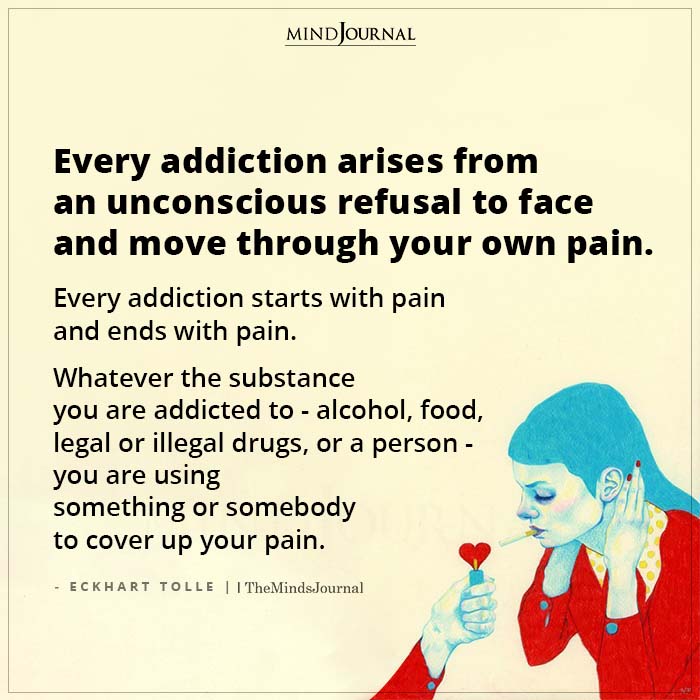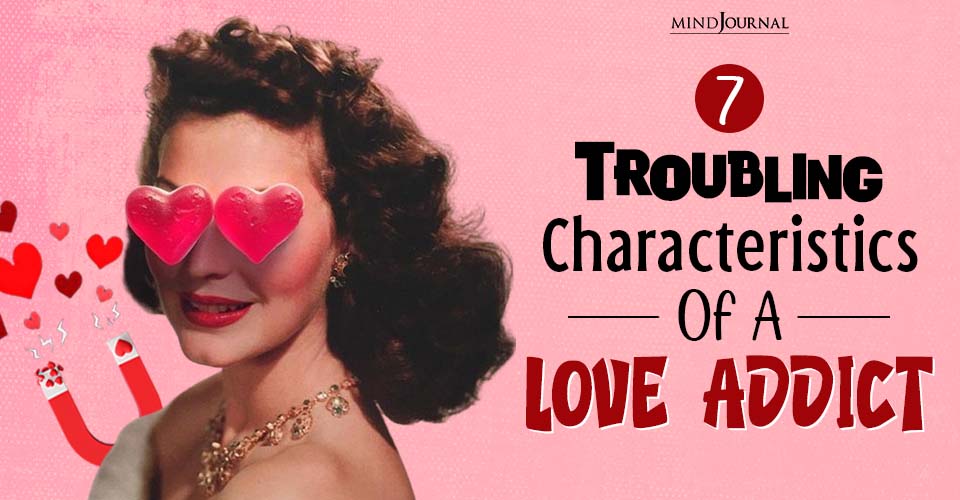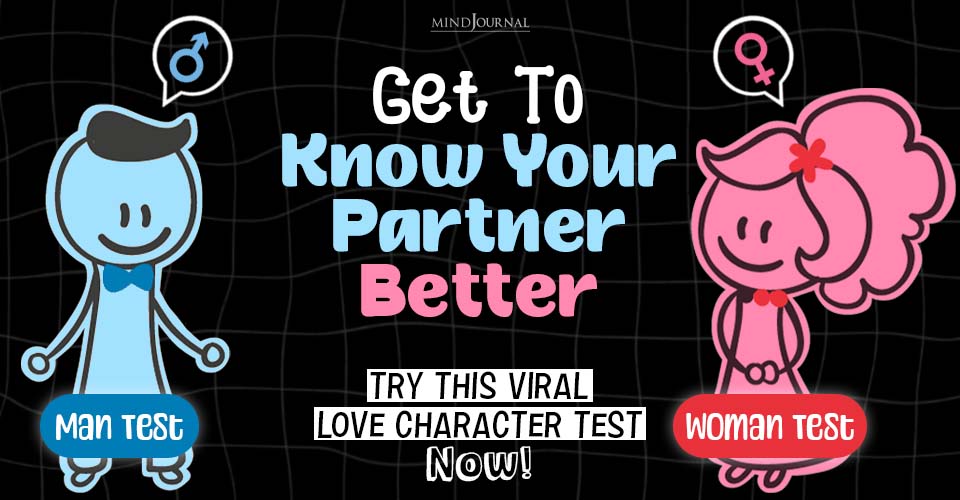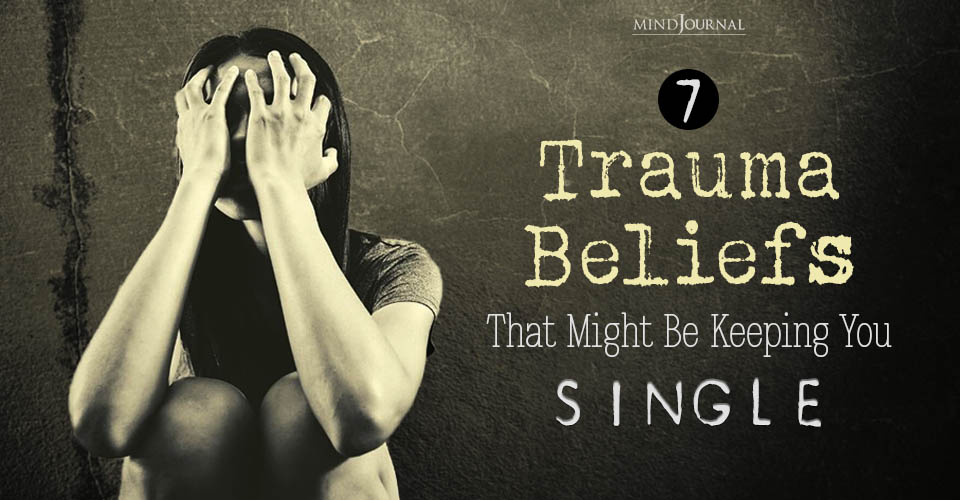If you are someone who always feel scared that your relationship will fail and the person you love will abandon you, then you have come to the right place. This article is going to talk about love addiction, the characteristics of a love addict and strategies for overcoming love addiction.
Are you constantly afraid that you’re going to lose your relationship? In today’s Best Day Blog article, I will help you by sharing seven characteristics of a person who lives in that constant fear of loss and the seven solutions to stop feeling so fearful.
These characteristics have been coined many different things: relationship insecurity and anxious attachment style. Clinically, this person would be called a love addict – don’t worry about the threatening name.
If you have a favorite food, drink, or anything else, they have the same addictive mechanisms. Don’t shame yourself.
A big reason we all struggle is our inability to call things what they are. Instead, recognize that living in truth and reality are requirements for creating a healthy relationship.
Related: Is Love Addiction Real? 4 Types of Love Addicts
What are the seven characteristics of a love addict?
1. Overthinking.
This occurs when we replay conversations, look at texts, and decipher every little nuance. The critical distinction is that the thoughts are obsessive and always about figuring out the other person.

2. Catastrophe thinking.
This is often triggered when there is a communication gap. Even the slightest pause in texting or talking triggers the love addict to project fear that the relationship is over, their partner is angry with them, or something is wrong.
3. Needing constant reassurance.
I struggled with this – I learned it from my mother. It was common for our family to be at dinner talking about politics or some other topic, and my mom would suddenly blurt out, “How do I look in this dress?
4. Bringing the past into the current relationship.
Love addicts’ internal fear creates an obsessive need to keep themselves safe. One of the ways they attempt to stay safe is by comparing the past to the present.
For instance, you might constantly compare things your current boyfriend does to what your last boyfriend did. Unfortunately, this attempt to avoid pain makes it impossible to be present, and being so hypervigilant can lead to the end of the relationship.
5. Give too much time, attention, and power to the other person.
The love addicts’ desperate need to avoid abandonment creates a disempowering abandonment of themselves. They do this by over-emphasizing their partner’s strengths and elevating them to fantasy.
The addict makes their partner’s life more valuable than their own. They give up their interests, space, and desires. There is far too much attention on their partner and not enough on themselves. They effectively make them their higher power.
6. Snooping.
Love addicts will feel the need and even demand to check their partner’s phone or email and look at their partner’s social media too much.
They will want to keep tabs on who they are with and where their partner is going. In addition, they are on constant alert for the possibility that they are being replaced.
7. The inability to feel whole or happy outside of a relationship.
Love addicts will feel empty, sad, and depressed if alone and often enter new relationships, even destructive ones, to avoid being alone.
Related: 8 Things Love Addicts Do To Control Their Partner From Leaving Them
What are seven solutions for love addiction?
1. Face our self-deception and acknowledge the truth.
The love addict needs to get into reality that their expectations are addictive. Our desire for unlimited positive regard and our demand for so much time and attention from the other person is excessive.
We have to recognize that how we define love is distorted, and we have recovery work to do ourselves.
2. Do the three “Gets.”
The following three steps come from Al-anon and are called the three “gets.’ Step one is to get off their back.
Our constant wondering what they’re doing, our need for continuous attention, overthinking all of their thoughts and actions, and snooping is evidence that we are “on their back” and paying too much attention to their life and not our own.

3. Get out of their way.
The addict needs to stop trying to dictate or correct how their partner lives their life. Let them be who they want to be.
Don’t try to change them or get them to meet our needs. They’re okay the way they are. It’s not our place to critique, judge, and tell them who to be.
4. Get on with your own life.
Instead of putting all your time and attention into them, put it into yourself! Learn to meet your needs yourself, get back to living your own life, and pursue the hobbies, friendships, and interests you gave up when the relationship began.
5. Self-esteem work.
For the love addict, their internal sense of security now is based on their partner or the object of their pursuit. Therefore, they must start developing the belief that they have inherent value at all times and not only when they are in a relationship.
6. Develop boundaries.
Addicts struggle to contain how much they share about themselves. So here is a suggestion. I want you to think of gas pedals. If your partner shares a little bit, join them, going about 8-10 MPH. Maybe try to advance to 12-13 MPH, but if they back off, you back off.
Here’s how you know when you’re doing this right: you should feel like you’re cold, mean, selfish, and disinterested. You should feel uncomfortable because you’re used to the gas pedal being pushed to the floor.
When you feel this new discomfort, you’ll know you’re no longer acting addictively or anxious. Now you’re behaving moderately. You’ll get used to it in no time, and things will improve.
7. Work with an expert.
Childhood abandonment created the addiction. Therefore, working with a specialist is necessary to overcome it.
I encourage you to pick up Pia Mellody’s Facing Love Addiction and Facing Codependence to learn about all of this. Beverly Engle’s The Emotionally Abusive Relationship is also great.
The addict must get into reality about how abandoned they were in childhood. Those three books are central to those who suffer from love addiction.
Related: 6 Signs of Relationship Addiction
Remember, the person struggling with love addiction is not bad or weak. They are in pain and doing their best not to feel that pain. Addictively pursuing someone is the only way they currently know how to alleviate that pain.
Sadly, if left untreated, it creates more of the pain they desperately try to avoid. But there is hope. If we develop a plan to heal the underlying pain, we can find the authentic love we crave and deserve.
Additional solutions:
- My book, Your Journey To Success
- My Complete Emotional Authenticity Method
- My Perfectly Imperfect Private Group
- My Private Coaching
Written By Kenny Weiss
Originally Appeared On Kenny Weiss











Leave a Reply